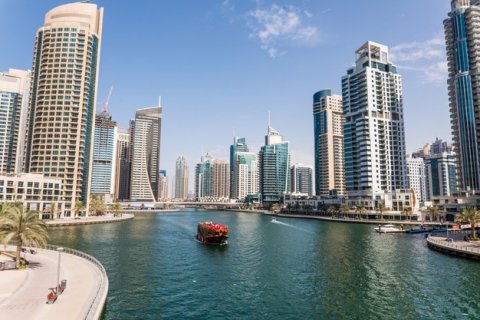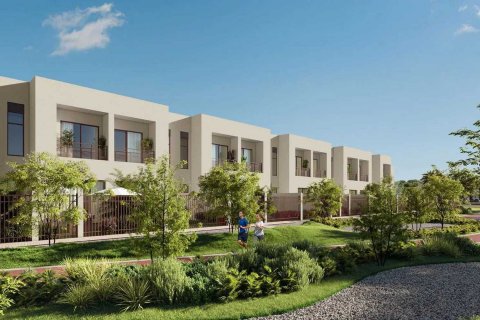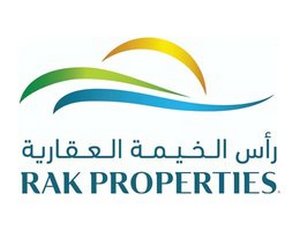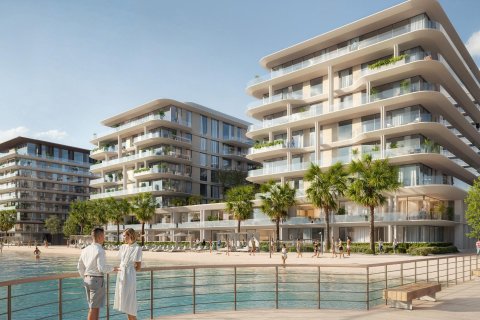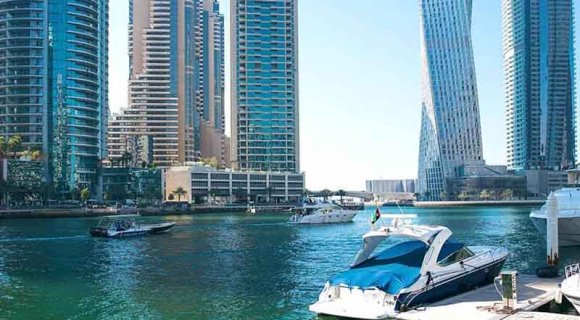
Buying real estate in Dubai is a responsible step that requires thorough preparation. Offering excellent investment opportunities, this city attracts more buyers with each passing year. However, there are several mistakes that novice investors make when purchasing a house or apartment in Dubai. In our article, we will discuss the most common challenges and how to avoid them.
Content:
- Overview of common mistakes when buying real estate in Dubai
- Insufficient market research
- Ignoring real estate characteristics
- Neglect in checking documents
- Incorrect estimation of future expenses
- Buying from an unreliable seller
- Unrealistic expectations
- Lack of a backup plan
- Unfamiliarity with legislation
- Hasty purchases
- Practical tips for avoiding buying mistakes
- Conclusion
Overview of common mistakes when buying real estate in Dubai
To understand how not to make mistakes when buying real estate in Dubai, let’s consider each of these aspects separately.
Insufficient market research
Many investors skip the step of gaining an insight into the market and its trends before buying real estate in the UAE. This is a flawed strategy because the local market is dynamic, with prices constantly rising, and new projects emerging. Without delving into the context, a buyer risks missing out on fresh information and making less-than-ideal investment decisions.
To ensure a successful transaction:
- Familiarise yourself with prices in different city areas and various types of housing. You can use specialised analytics or consult with an experienced real estate agent.
- Speak with people who have already purchased property in Dubai, listen to their advice, and learn from their positive experiences.
Ignoring real estate characteristics
The next point in the top mistakes when buying real estate in Dubai is neglecting factors such as construction time, location, neighbourhood infrastructure, and the availability of amenities. This can lead to:
- Financial difficulties: Secondary housing may require additional expenses for repairs or upgrades. If the buyer fails to consider these aspects, additional costs can become an unpleasant surprise.
- Rental issues and slow appreciation: If residences have hidden or obvious flaws, like being situated in an area with poor transportation accessibility, this reduces their appeal to potential tenants and buyers, diminishing their market value.
Here are some recommendations to avoid this mistake:
- Personally visit the property or use virtual tour services to get an understanding of its characteristics.
- Consider how you will use the property in the future. Check if it aligns with your goals and lifestyle.
Neglect in checking documents
One of the gravest mistakes that can lead to unforeseen consequences is being neglectful when checking documents. Before closing a deal, it is crucial to carefully check the real estate contract (in Dubai, it is commonly known as SPA), property ownership certificate (Title Deed for completed projects, Oqood for under-construction ones), and other relevant documents.
Consult with a lawyer or turn to a broker to ensure that the documentation is correctly prepared and complies with local legislation.

Incorrect estimation of future expenses
In addition to direct costs, there are several additional expenses when buying real estate in Dubai. These include registration fees, utility payments, and maintenance fees.
Among the most significant expenditures are:
- One-time fee to the Dubai Land Department (DLD) – 4% of the purchase value.
- Property registration fee – ranging from $550 to $1,100.
- Agent’s commission – 2% (can be 0% for off-plan purchases).
On average, additional expenses amount to approximately 4.5% of the property value in the primary market and around 6.5% in the secondary market.
Ensure that you have the funds to cover all mandatory payments.
Buying from an unreliable seller
While the UAE is considered one of the safest countries globally, it is crucial to verify the reliability of the seller before deciding, “Should you buy real estate in Dubai from them?”
Make sure that the seller legally owns the property and can provide a title deed registered with the DLD.
Unrealistic expectations
Many buyers have unrealistic expectations regarding the potential profitability of the property, such as expecting their investments to increase in value by 100–200% or generate ultra-high returns in the shortest period. However, such expectations may be unattainable, leading to buyer disappointment.
Is it possible to buy real estate in Dubai and be satisfied with the results? Absolutely! To achieve this, it is essential to consider market realities. The average appreciation of off-plan projects from the excavation stage to completion is 20–30%. When renting out completed housing for the long term, you can expect a return of 5–8% per annum. These are realistic figures that may vary. Diligent agents can help navigate all the nuances and find an option that is ideal for you.
Lack of a backup plan
Buying property is a significant financial investment, and there is always a risk of unforeseen circumstances. Having a backup plan ensures you are prepared for various scenarios.
It is unwise to rely on an investment property as the sole source of income. For example, if the rental market is temporarily saturated, it may impact current returns. If you intend to sell the property during a market downturn, you may not achieve the expected profit. In both cases, having the ability to weather a challenging period helps mitigate or eliminate risks.
Keep in mind that if the property is in the construction phase, the speed of its subsequent rental will depend directly on the construction completion timeline. Local developers’ activities are regulated by strict legislation, and unfinished construction projects do not exist here. However, the completion date may be delayed by up to 1 year, and this should also be taken into account.
Unfamiliarity with legislation
Thoroughly research the laws governing the acquisition of residential and commercial properties, depending on the type you are interested in. For example, leasing commercial space is not open to anyone but tenants with a business licence. Additionally, not every district in the emirate has freehold zones where foreigners can purchase property in full private ownership. Do not hesitate to ask questions to the estate agent and the owner – this will help you avoid problems in the future.
Hasty purchases
Investors often feel pressured by potential price increases or competition from other buyers. However, such an approach may lead to buying an apartment or villa in Dubai that does not meet your needs or provide the expected returns.
To avoid this mistake, do not let emotions override common sense. Approach the selection process responsibly, considering your individual circumstances and preferences.

Practical tips for avoiding buying mistakes
Our recommendations will help you avoid hasty decisions, safeguard your finances, and ultimately become the happy owner of highly liquid and profitable real estate in the Emirates:
- Conduct detailed market research, study current prices, sales and rental statistics, as well as various neighbourhoods and their potential.
- Be mindful of extra costs associated with housing acquisition.
- Take your time and avoid making impulsive decisions.
- Create a backup plan considering possible unforeseen circumstances or changes in the economic situation.
- Seek professional assistance to verify the legal compliance of the housing and adhere to necessary legal procedures.
Conclusion
In our catalogue, you can find over 66,000 listings from verified agencies and developers in the UAE. Explore the offers yourself by sorting them by price, area, location, number of bedrooms, and other characteristics, or submit a request for us to pick the best option tailored to your preferences.







































